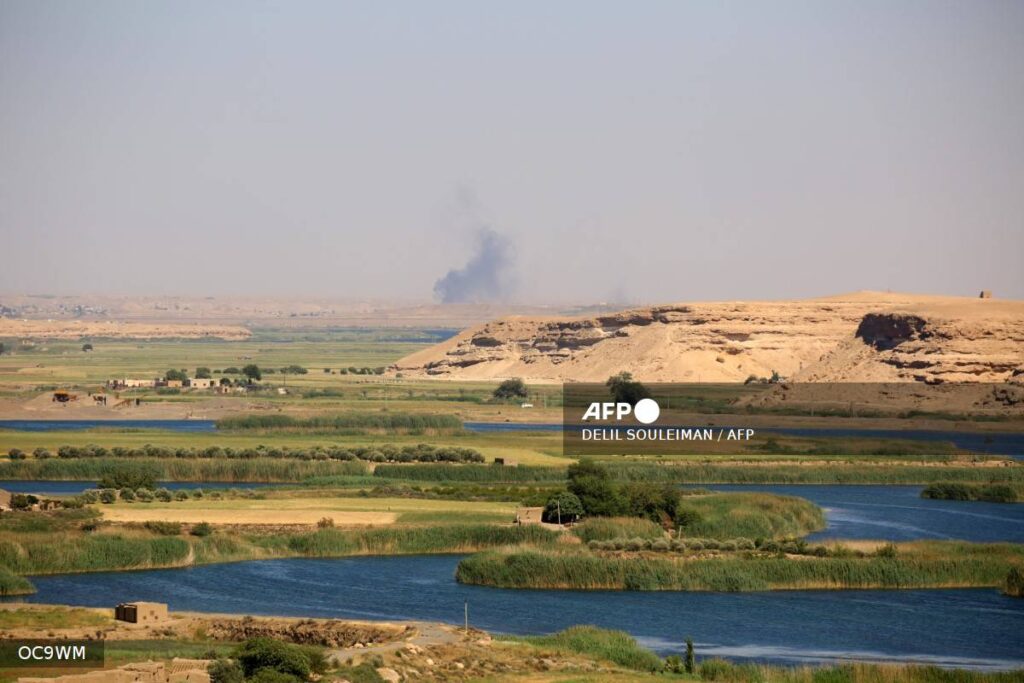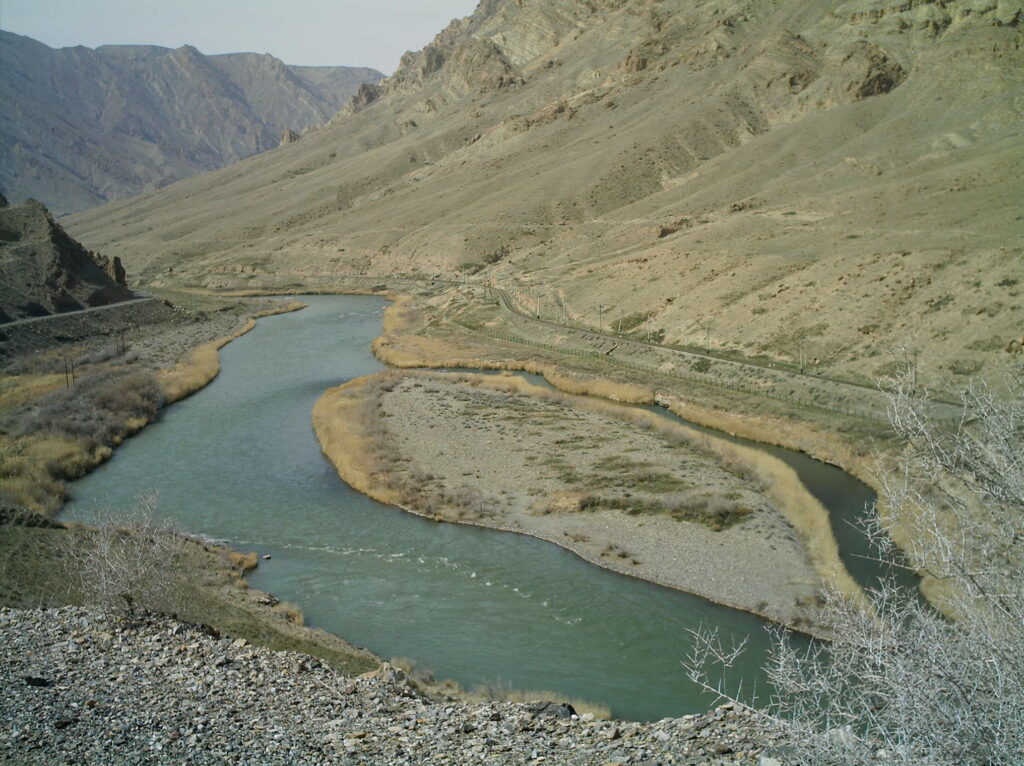
Series Introduction
The Middle East Goes to Space
In recent years, Middle Eastern governments have raised their profile in the field of space activities. The UAE sent an unmanned probe into Mars orbit and, like Saudi Arabia, has sent astronauts to the International Space Station. Both countries have made space exploration a major pillar of their post-oil economy. These projects are captivating Arab populations, reminding us of the enduring fascination with space and its appeal for national pride. Space is also a critical component of military strategies in the region, as reflected in Iran’s ballistic missile programme or Israel’s air defence systems.
This volume of Insights is aimed at discussing the various dimensions of the space programmes launched by countries in the Middle East as well as the role of external players in developing these programmes.
CLICK HERE FOR THE FULL INSIGHT
Outer space has become an arena for economic as well as geopolitical competition. This article aims to study the patterns of regional interactions among Arab states that have space programmes and their interactions with international players to understand the possible political and security repercussions. It finds, among other things, that the growing space race among regional space players is due to widening capability gaps, the involvement of foreign actors and the conflict of interests and gains among the various actors.
Image Caption: Emiratis standing outside the Mohammed Bin Rashid Space Centre in Dubai, ahead of the expected launch from Japan of the UAE’s “Amal” (Hope) Mars probe, 19 July 2020. Giuseppe Cacace / AFP
About the Author
*Aya Badr is a PhD candidate in political science at the Faculty of Economics and Political Science, Cairo University. Her research interests are focused on armed conflict and security studies in the Middle East and North Africa region.
More in This Series
- Pourya Nabipour & Neda Beirami
- -




